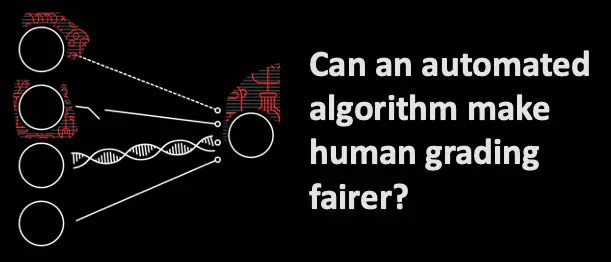Learning About Data and Fairness
 Image from project website
Image from project websiteIn a project led by Kalervo Gulson (USyd), centre members are collaborating with the Gradient Institute and ANU’s Claire Benn to co-design an ‘algorithm game’ intending to explore issues around fairness and data, using the case study of the 2020 UK Exams Algorithm Controversy.
The project is using participatory-design to investigate how we support people in exploring how algorithms work, their possible impact, and their relationship with decision-making processes. In the first case, in the UK exams algorithm controversy the government decided to moderate teacher-assigned grades to account for the fact that teachers typically give higher grades than those achieved via an exam. However, the implementation of the algorithm had a range of issues, and caused significant backlash.
Aligned with a ‘technical democracy’ (Callon et al, 2009) approach, the project is an example of the Education Futures Studio (EFS), which Gulson leads, aim to support collective learning and experimentation about the role of automation, artificial intelligence, algorithms, and data across a range of education contexts.